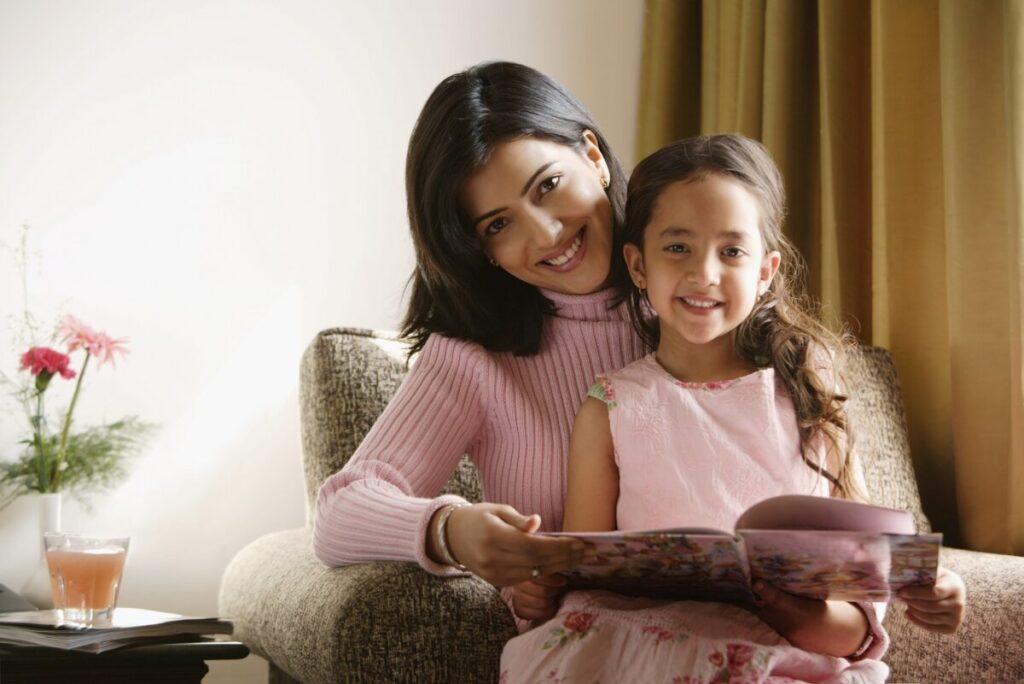How to Take Care of Your Children’s Mental Health

Most of us view mental health therapies as a refuge for adults with substance abuse problems, domestic violence survivors, divorced individuals, and those who have lost loved ones.
We usually neglect children’s mental health
Society has not prioritized mental health counselling for children as much as it should. One of the main reasons is that young people are an under served population for mental health services.
According to the American School Counselor Association, every school should have one counsellor for every 250 students to provide them with the mental health support they require. Despite this, school districts typically have just one counsellor for every 455 students. In India, it is even less.
We are conveying that student mental health services are essential, but we do not need to make them a top priority.
Adults may think that youngsters struggling with issues go through are phases. The opposite is true. For example, those raised in less-than-desirable circumstances are significantly harmed by this misconception.
The aftermath of the pandemic
Understandably, children struggle with mental health issues in normal times. Still, in the aftermath of the pandemic, these issues have intensified.
Suddenly, the younger generation’s lives were turned upside down. Their routines were altered entirely overnight. They couldn’t attend classes, see their friends, or leave their homes.
Every child wasn’t able to smoothly transition into the new routine. Many kids struggled to adjust to attending class over Zoom and being separated from their peers. Furthermore, kids were terrified of contracting the virus. As a result, the incidence of depression and anxiety was higher than usual among COVID-19 patients.
We can help our children overcome their problems and achieve better mental health by giving mental health the respect it deserves. Our approach to treatment needs to be proactive.
Unfortunately, society tends to neglect a crucial group that requires mental health therapy just as much as everyone else: the young.
More than half of at-risk youth don’t have the mental, emotional, and physical health therapy they require.
Even though younger individuals do not have to concern themselves with career crises or divorces, they may still suffer from mental health issues. According to a survey, 27 per cent of young people reported feeling anxious the previous week, while 15 per cent felt depressed.
Children can benefit from mental health therapy
Prioritizing children’s mental health and providing the support they need to overcome challenges can produce positive results.
Secure children can think more clearly, learn new things, and develop social skills. Parents also benefit from a stronger connection and can enjoy seeing their children thrive since their mental health improves simultaneously.

A therapist can help kids and parents who are struggling with issues such as attention deficit hyperactivity disorder (ADHD), anxiety disorders, autism and oppositional defiant disorder (ODD).
Cognitive Behavioural Therapy helps children in overcoming trauma, responding to stressful situations, and dealing with difficult emotions. Additionally, they will become more aware of their feelings and more capable of expressing them appropriately.
Therapy focuses on working through issues together to help guide their relationship forward over the next several years. Therapy sessions help parents and children build upon their relationship.
Parents and teachers can help kids who are depressed
Although parents, teachers, and caregivers cannot provide children with professional mental health services, they can still assist troubled youngsters in dealing with their problems. Here are some examples of how they might do so:
· Keep the lines of communication open
You can’t possibly know what a child is going through or what they are dealing with unless you talk to them regularly.
Keeping an open dialogue with children is essential to understanding mental health issues. For instance, when schools were shut down due to the epidemic, parents could talk to their children about the virus and what experts thought about it. By being honest and open with their children, parents may ease some of their concerns compared to those who don’t share much.
Having daily conversations with your children and learning more about their issues can help you have healthy dialogues and help them overcome their problems.
· Be aware of the danger signals
A child having a bad day is one thing, but having several bad days in a row without any indication of improvement is quite another.
Because parents and teachers can’t provide mental health services, signs that indicate your child is suffering from issues like depression or anxiety cannot be identified. Look out for warning signs.
Here are some of the indicators you should be aware of:
- Lack of appetite
- Low motivation
- Withdrawal from activities
- Fatigue
- Worsened school performance
- Low self-esteem
It is necessary to ask for assistance
Once you know the signs to watch out for, you will know when to seek professional counselling services to help your child live a better, more fulfilling life.